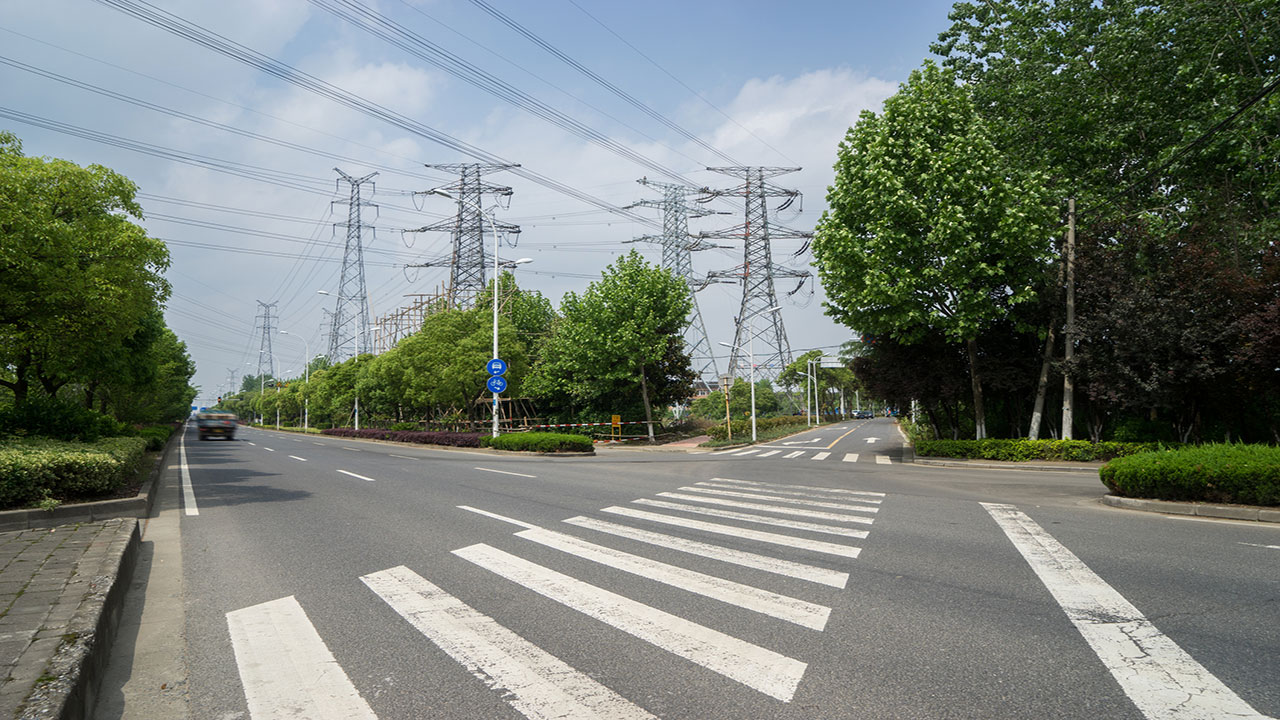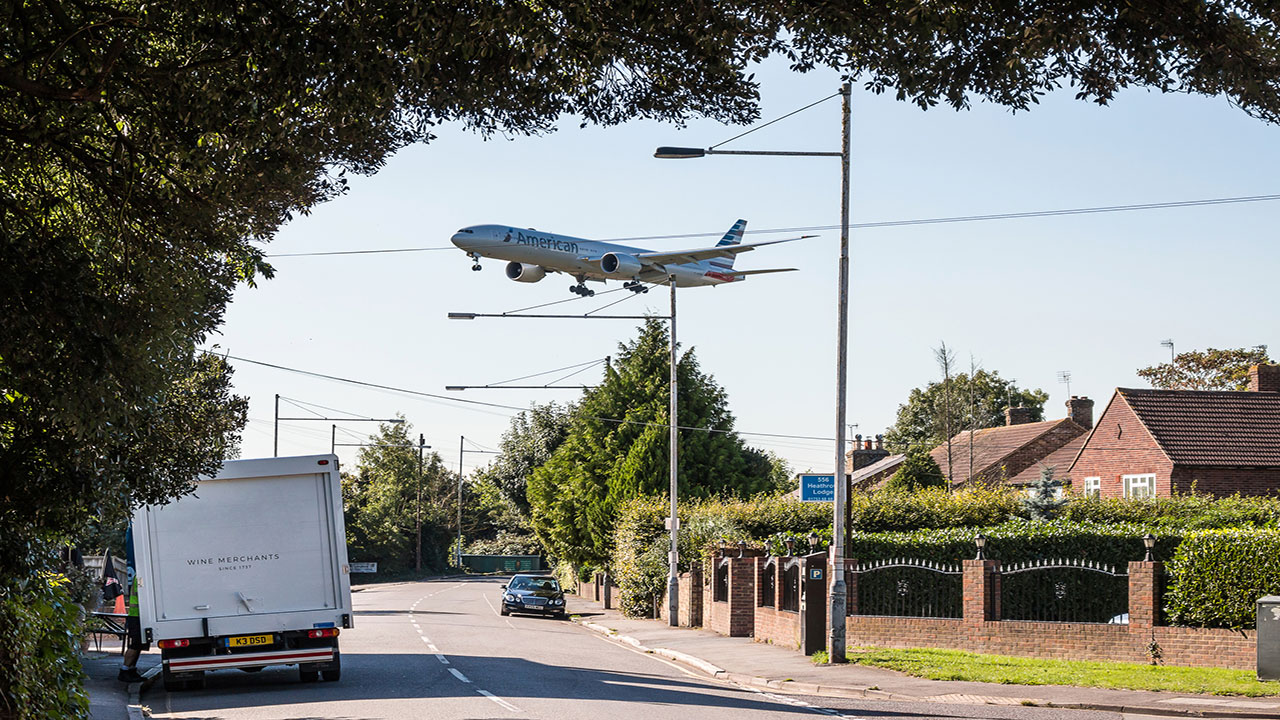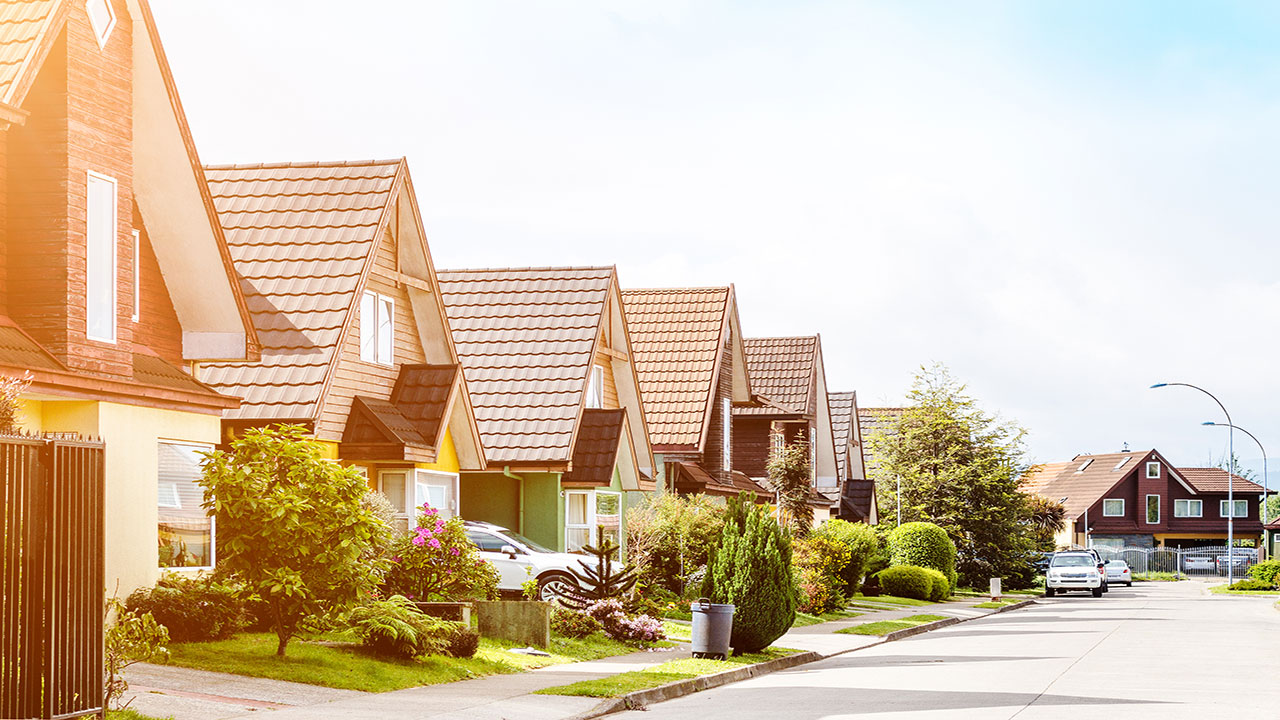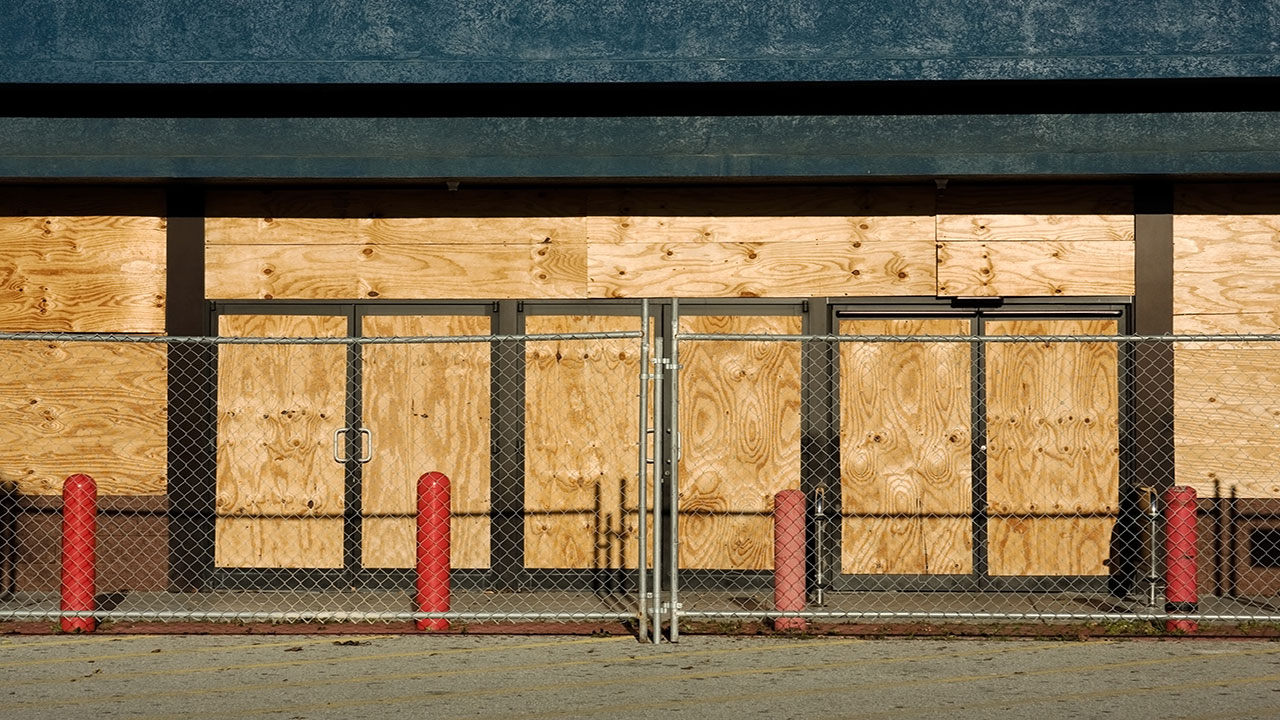8 Neighborhood Features Homebuyers Should Steer Clear of

When you buy a home, you’re also buying the neighborhood. The area you purchase into has a direct impact on the value of your home, both today and into the future. While it might sound silly to think about selling when you haven’t even bought yet, it’s still essential to consider resale value. And the neighborhood plays a key role in this scenario.
If you’re on the prowl for a home, you should be aware of the following neighborhood traits that could have a negative effect on your home’s value.
1. Power Lines

Living near power lines or hydro towers won’t do much for the value of a home or the neighborhood it’s located in. Even if you’re able to get a good deal on a home that’s close to a power line, you’ll likely have a tough time selling it in the future.
While you might not have the thought of selling in mind right now, the resale value of a home is an important to factor to consider when buying real estate. And a power line or hydro tower is a negative factor when it comes to how sellable a home is.
Not only are these features unsightly, they can also be dangerous. High-voltage power lines can be an obvious hazard if approached and have long been associated with potential health hazards as a result of the low-level electromagnetic fields.
While many argue that exposure to these fields is relatively safe, others argue that a real risk exists, no matter how small. Regardless, the perception of such a hazard can really affect the value of a neighborhood, so keep that in mind when looking at homes for sale.
2. Bad Neighbors
When visiting homes for sale, pay close attention to the people who live on the same block, especially the next-door neighbors. What is the condition of their property? Is the exterior unkempt? Do they have pets that are constantly making noise and running around loose? Are there unpleasant odors coming from their homes? Are the neighbors themselves loud, annoying and bothersome?
These are all signs of a bad neighbor, and these types of people can have a negative impact on the value of the properties in the area. Not only is that bad for your home’s value, it will also affect your enjoyment of your property. You definitely don’t want to have to deal with annoying neighbors all the time.
3. Noise Pollution

Check to see how close a property is to major roadways, train tracks, subway lines, and airports. Such features can add plenty of noise pollution to a neighborhood and put a damper on property values. It can also disrupt an otherwise quiet and tranquil neighborhood, which is what most buyers tend to look for. Not only will all that noise be frustrating, it can also disrupt your sleep.
4. Low-Rated Schools
Buyers with children will want the opportunity to send their kids to a good school, so having a facility in the area that’s highly rated is a great feature. In fact, many parents specifically move to areas that are within favorable school districts.
But a neighborhood located in a poorly-rated school district is not a good selling feature. Even buyers who don’t have any kids should care about an area’s school rating because it has a direct influence on the value of the neighborhood and the homes in it.
5. Community Maintenance

How well a municipality takes care of the streets, sidewalks, parks, and public spaces can tell you a lot about the value of a neighborhood. Ideally, the area you’re looking in will be well taken care of. The grass will be trimmed and maintained, the garbage will be removed, the plants and flowers will be tended to, and any cracks or potholes in the roads will be repaired in a timely manner.
If you see weeds everywhere, garbage cans overflowing with trash, graffiti on building walls, park equipment that’s in desperate need of repair, or a lack of greenery, these may be red flags of a neighborhood that’s in bad shape.
6. Lots of Vacancies
A lot of homes that are vacant, abandoned, or boarded up bring down the appearance of a neighborhood, for obvious reasons. Many of these homes might be foreclosures, which lower the value of other homes on the block. The longer these homes remain vacant and in disarray, the lower the property values in the neighborhood can drop.
7. Boarded-Up Storefronts

Like residential properties, any storefronts that are boarded up can have a negative impact on the overall neighborhood. If shops aren’t doing well in a particular area, resale of residential real estate likely won’t be healthy either. And if local businesses are packing up and leaving, you probably don’t want to be there.
8. Local Businesses With Negative Connotations
Take a closer look at the businesses that are still sticking around. Certain types of businesses are not viewed in a positive light, such as payday loan shops or discount stores. While not all of these businesses are necessarily bad per se, they don’t typically add to the value of a neighborhood, especially if they make up the majority of businesses in an area.
The Bottom Line
It’s obviously important to pay attention to the traits of the home you plan to buy. But it’s equally important to assess the characteristics of the neighborhood that the home is located in. Identifying certain features can help you assess the health of a particular area, which is an important step to take before you make such a significant purchase.
Luckily, your real estate agent will be there to help you pinpoint certain neighborhood traits that may or may not be a sign of good health. By doing so, you’ll be able to make a more informed purchasing decision that could make a big difference in your investment.